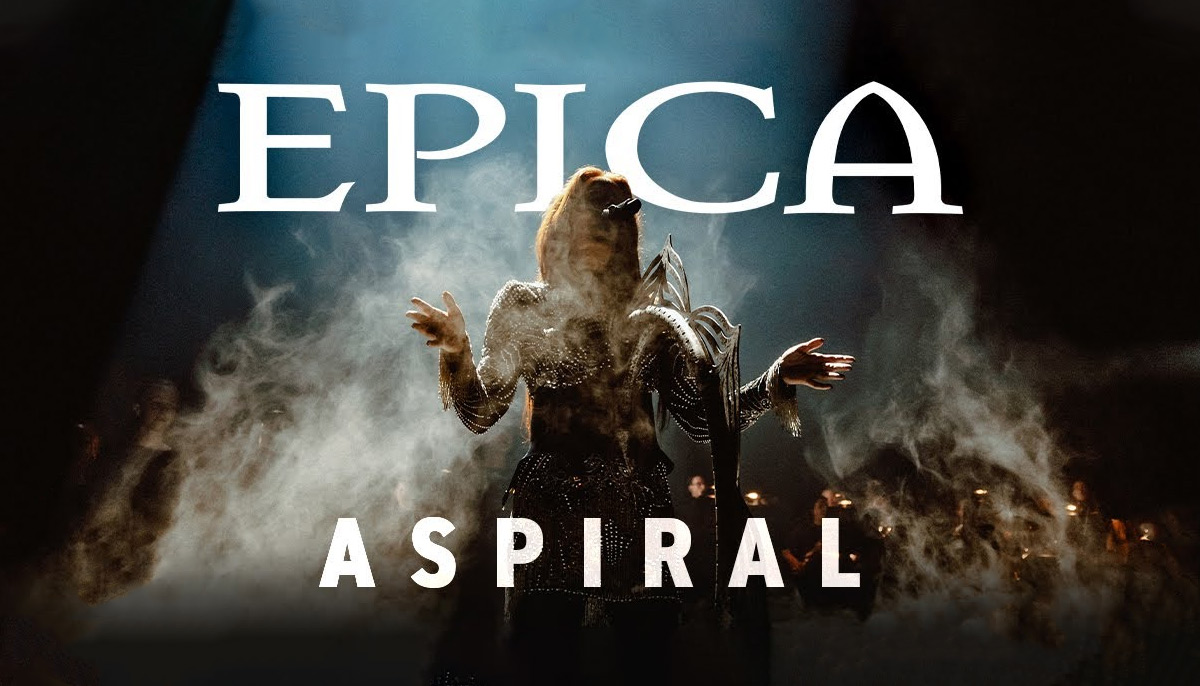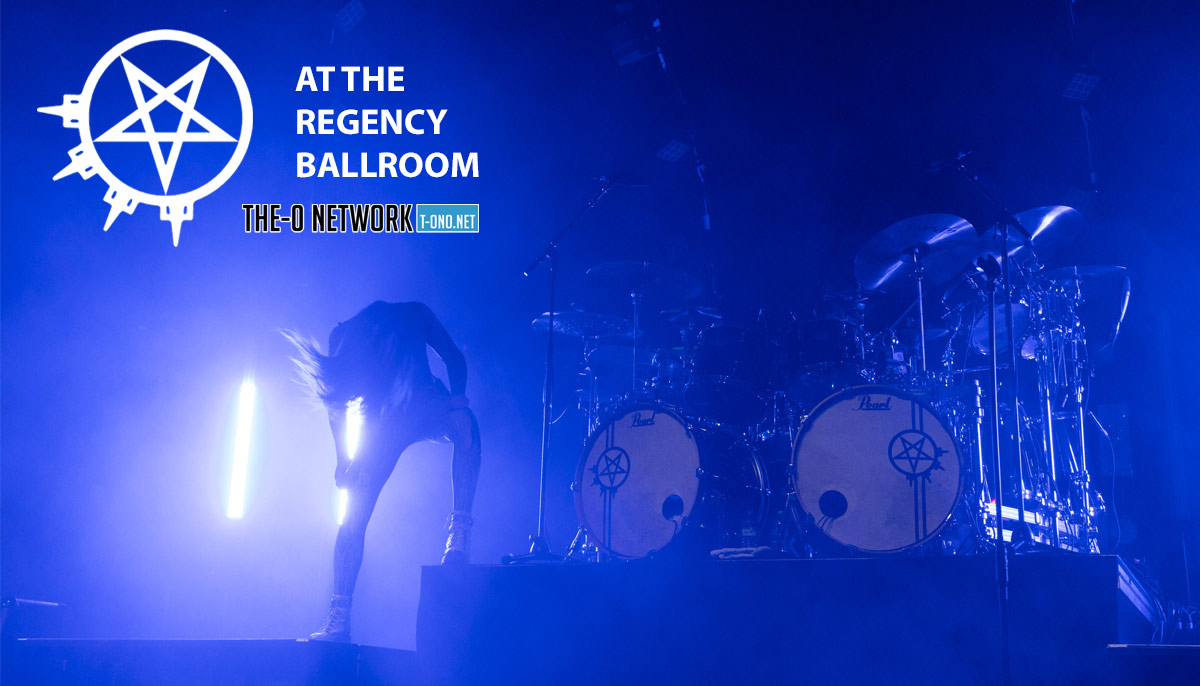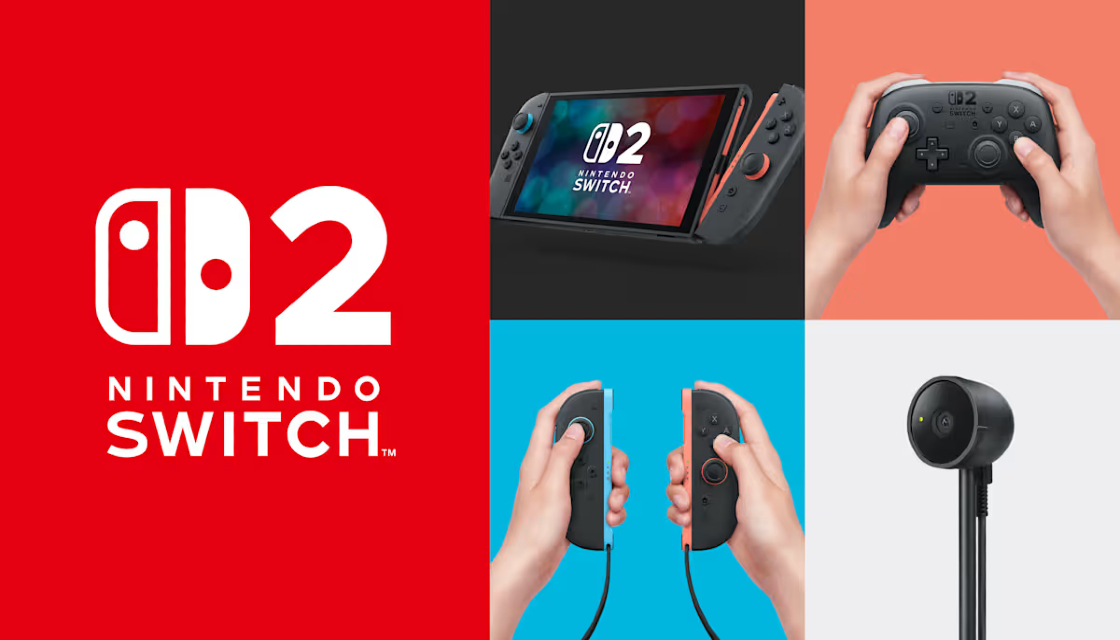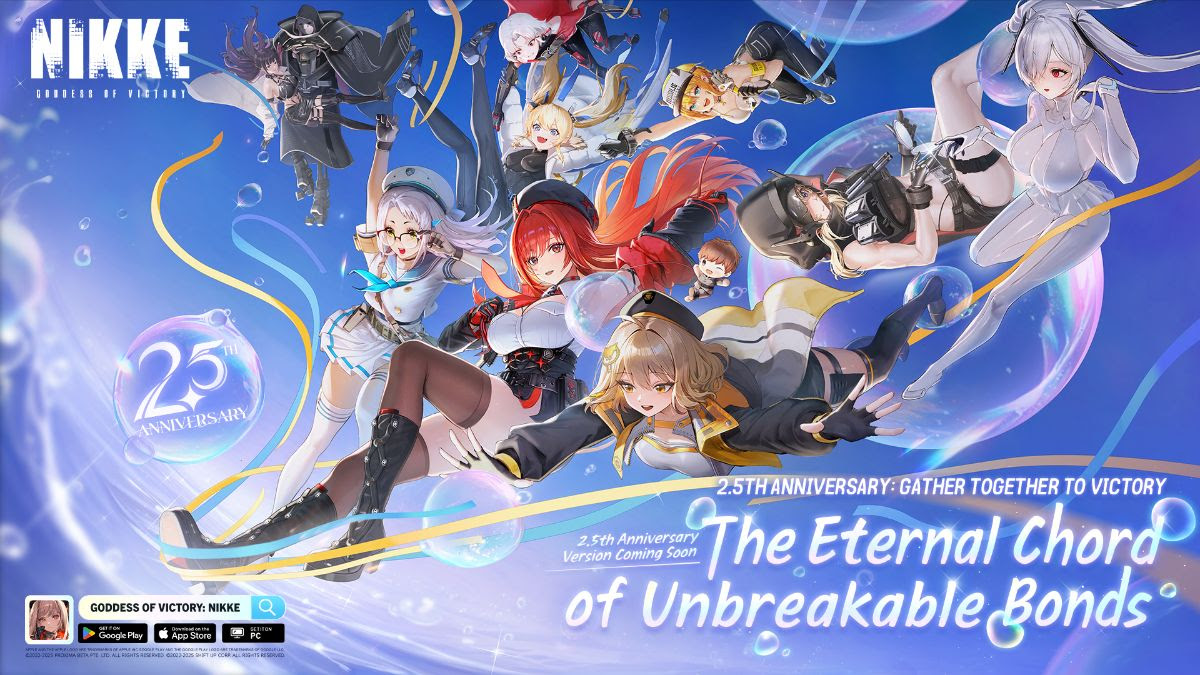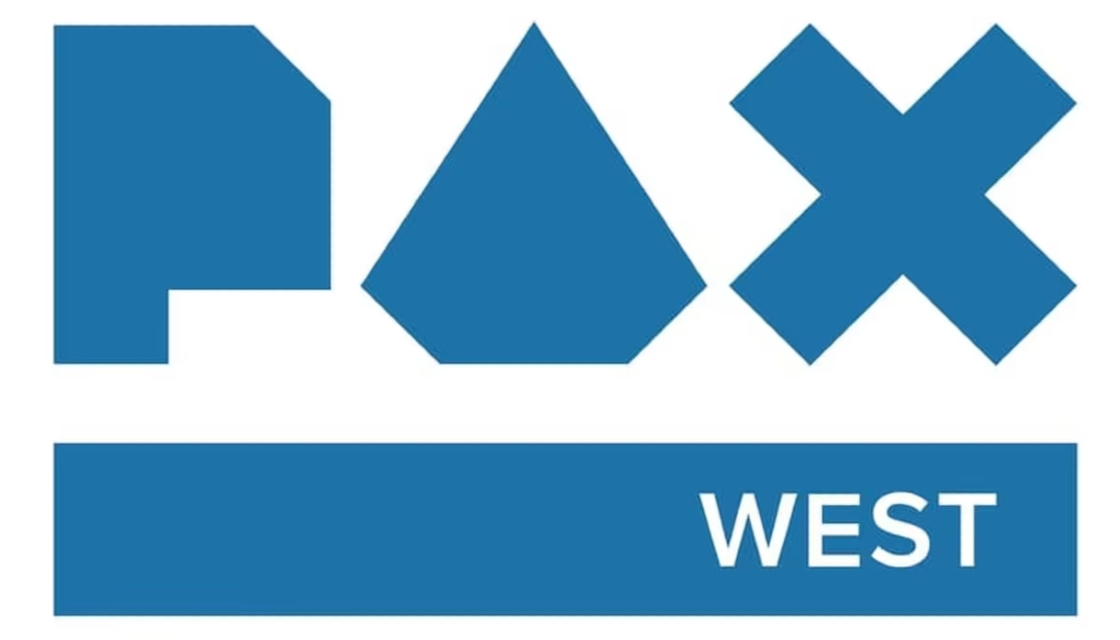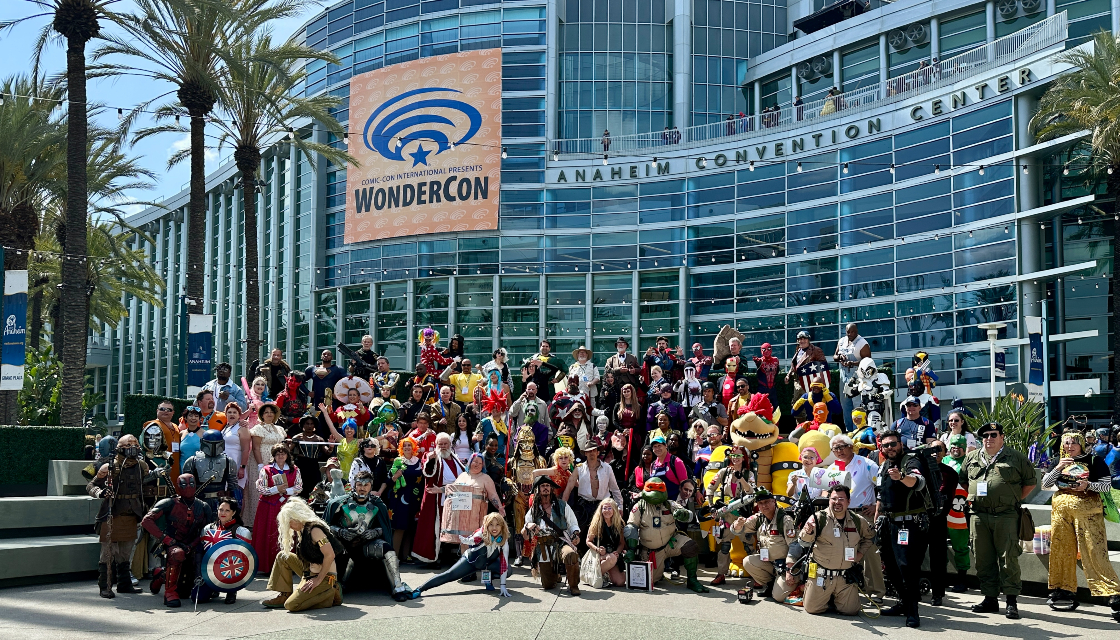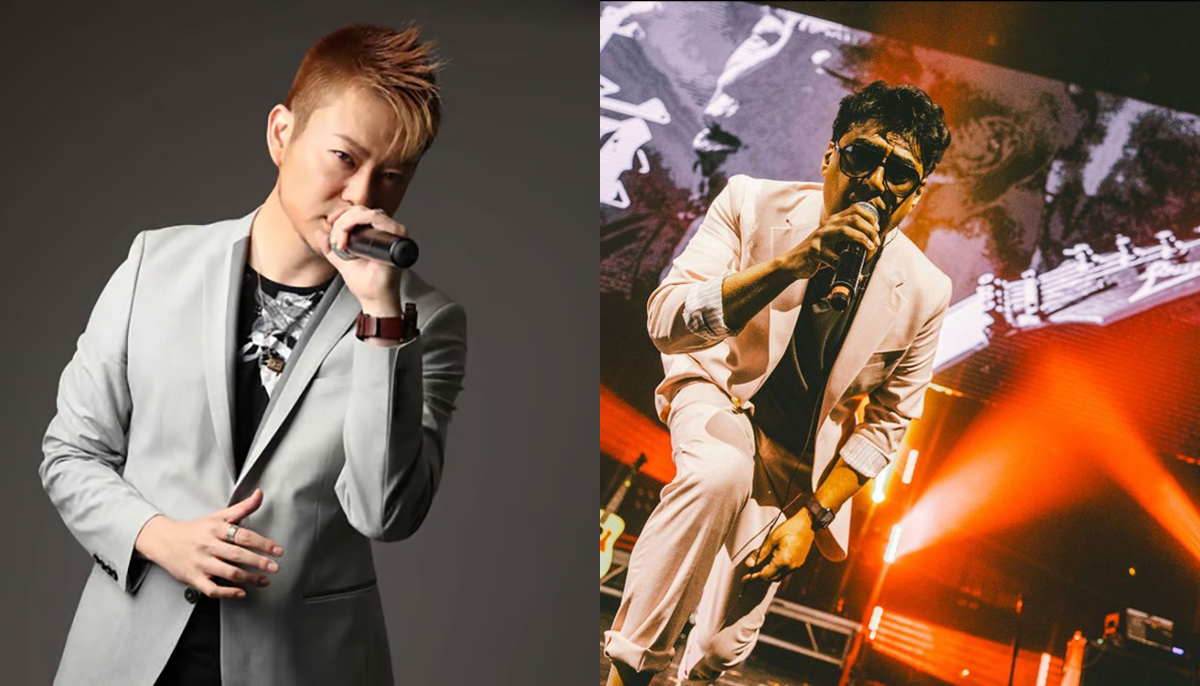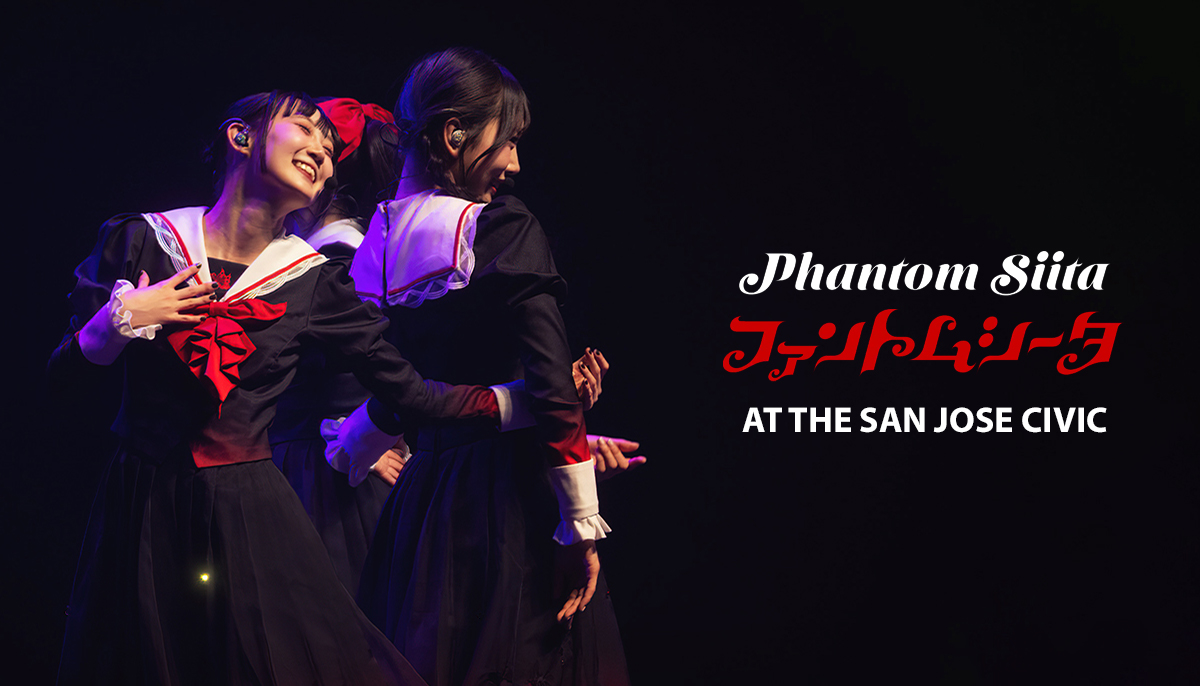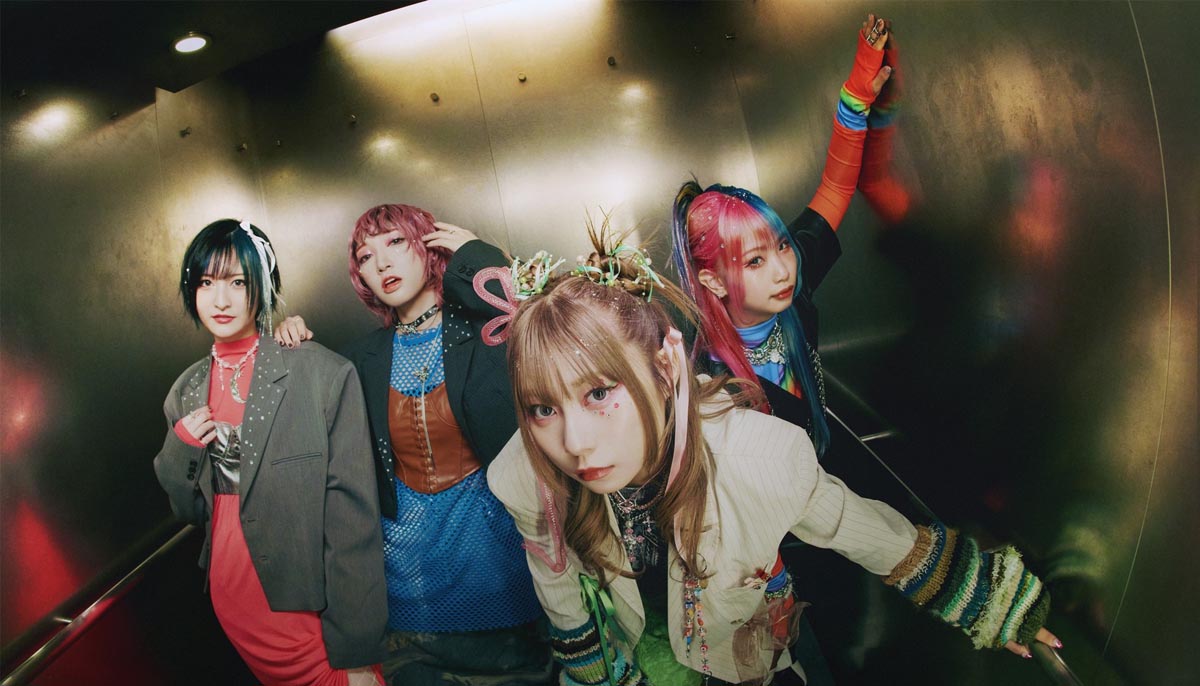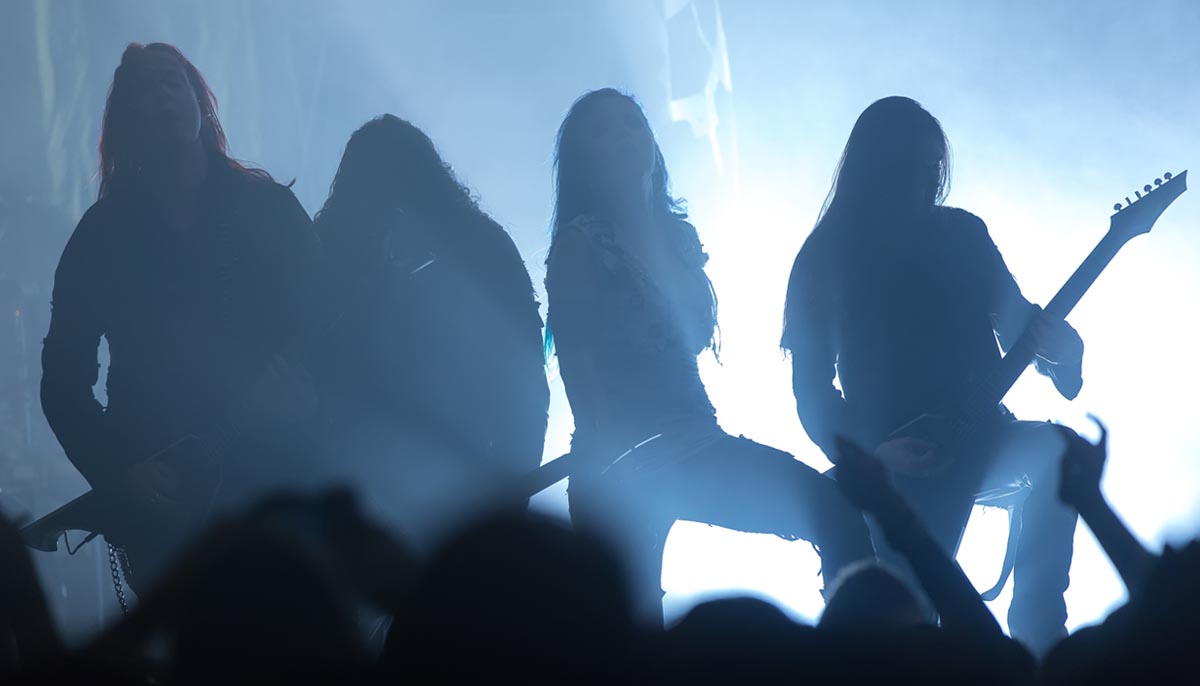 The questions covered a wide range of topics, ranging from gameplay to character design. As any Guilty Gear fan would predict, one of the first questions dealt with the origin of Bridget and whether or not Ishiwatari thought he'd become so popular. Ishiwatari replied, they originally intended to create a new cute character because they already had beautiful and cool characters, so they needed a cute character to fill the void. Since most fighting games already had a token cute character, he felt that it would be a nice twist to make Guilty Gear's cute character a boy instead. However, he had no idea that this cute character would be so popular despite the sex. The crowd erupted into a roar, showing their appreciation for Bridget.
The questions covered a wide range of topics, ranging from gameplay to character design. As any Guilty Gear fan would predict, one of the first questions dealt with the origin of Bridget and whether or not Ishiwatari thought he'd become so popular. Ishiwatari replied, they originally intended to create a new cute character because they already had beautiful and cool characters, so they needed a cute character to fill the void. Since most fighting games already had a token cute character, he felt that it would be a nice twist to make Guilty Gear's cute character a boy instead. However, he had no idea that this cute character would be so popular despite the sex. The crowd erupted into a roar, showing their appreciation for Bridget.
Next, a fan asked why Guilty Gear 2 Overture was not a fighting game, even though every iteration of Guilty Gear before it was a fighting game. In the beginning, Ishiwatari said, his main inspiration was Street Fighter 2. But as he started to develop more games, he also began to play more non Japanese games, such as RTS and FPS games. In developing Guilty Gear 2, he wanted to try and develop a new genre, mixing action and real time strategy elements, and see if that would also become popular.
Pointing out the inherent difficulty in Guilty Gear, a fan asked why the game has different mechanics for all the characters, whereas games like Street Fighter have a universal mechanic that applies to everyone. Mori replied that he wanted a game with unique, memorable characters. When he first started, there were other games, which he avoided mentioning, that featured almost 50 characters but all controlled about the same way. Not wanting that in his own games, he decided to make each character as unique as possible, hence the variety of mechanics for the cast.
 One of the questions was so witty it even caught Mori off guard; the fan asked why Iron Tager, one of the characters in BlazBlue, can use a cellphone even though he has magnetic abilities. While the room laughed, the translator told Mori the question, to which he rocked around in his chair, laughing and holding his stomach. At first, he could not think of a reply and could only comment on how interesting the question was; but after reflecting for another moment, he said, "Because that is also a part of his abilities." The room continued to laugh, more than satisfied with the answer.
One of the questions was so witty it even caught Mori off guard; the fan asked why Iron Tager, one of the characters in BlazBlue, can use a cellphone even though he has magnetic abilities. While the room laughed, the translator told Mori the question, to which he rocked around in his chair, laughing and holding his stomach. At first, he could not think of a reply and could only comment on how interesting the question was; but after reflecting for another moment, he said, "Because that is also a part of his abilities." The room continued to laugh, more than satisfied with the answer.
When asked about what's the most important thing for game designers, Ishiwatari replied that there are many games to choose from in today's market, making it too competitive. New games can easily be forgotten; to avoid that, one must develop a game that has competition or cooperation between players, creating a memorable experience and game. Mori added that one must also have the spirit and motivation to create a great game - that is what will help one succeed.
One of the fans also asked Ishiwatari what his favorite composition was; he replied "Still in the Dark" for the Guilty Gear series and "Rebellion" for BlazBlue.
After this, a female fan stepped up and said that she noticed the characters in BlazBlue look like they were more feminine than those in the Guilty Gear series. She asked if this was because BlazBlue was aimed at females. Ishiwatari replied that, indeed, BlazBlue was aimed at a female audience as well, citing Bang Shishigami as his prediction for the character most popular with girls. However, the fan shot back, her favorite was actually Jin Kisaragi.
In another question relating both BlazBlue and Guilty Gear, a fan asked what Ishiwatari's inspiration for the music in BlazBlue was, considering that it was a stark contrast to the heavy metal in Guilty Gear. Ishiwatari replied that BlazBlue was meant to be a contrast to the musical style in Guilty Gear. Guilty Gear's music was more inspired by rock and BlazBlue by jazz and other modern genres of music.
After that, a fan finally asked the token question about whether or not there will be an anime or movie based on either Guilty Gear or BlazBlue. Although it is common knowledge that there is no anime or movie in existance at the moment, Ishiwatari revealed that he has actually recieved offers from companies before to produce it. However, none of those offers had not ever come to fruition, and he would personally still like to see an anime be made.
Knowing that Ishiwatari is a musical composer, a fan asked what guitar Ishiwatari or the guitarist used to record for the game's music. Sadly, Ishiwatari did not remember what guitar they used, but he would just give the guitarist whatever equipment they wanted. Also, he noted that a Mac computer was essential, almost unofficially endorsing the Mac!
Next, a fan noted that fighting games have become harder over the years, but BlazBlue seems to appeal to new players. Mori responded by stating that the D button was meant to intentionally lower the threshold, believing that it is a big contribution to fighting games and will hopefully provide more to the evolution of fighting games in the future.
The next question asked both Ishiwatari and Mori to comment on why American fighting games don't succeed, whereas Japanese fighting games have become so popular. At first, Ishiwatari asked if Mortal Kombat was doing fine, and the fan replied that it's a terrible franchise now. Unable to find an answer, Ishiwatari guessed that the anime styles in Japanese fighting games is what makes it appeal to so many people. Mori replied with his own answer, crediting Japanese games with having more fantasy elements than American games and criticizing western games for being too realistic. "Perhaps," he said. "There's just too much of an AT field between the two styles of design."
Finally, a fan asked about the origin of Justice and why she had the male phallic symbol hanging out. Ishiwatari replied that she was meant to be the final boss, so she was not supposed to look human. However, Ishiwatari said that he could not say what his inspiration for Justice was, in order to avoid any copyright problem. Mori, however, jumped in and said that he was at liberty to reveal it and said Justice was based on Tekkaman Blade.
The next day, Aksys held another panel for both BlazBlue and Guilty Gear, featuring both Ishiwatari and Mori. In addition to them, the American voice actors for BlazBlue were also in attendance; Patrick Seitz (Ragna), Christina Valenzuela (Noel and v-13), Lauren Landa (Litchi), and Tony Oliver (Bang) were all there along with the AkSys staff who worked on BlazBlue.
One of the first questions asked just how much of the system resources BlazBlue used for both the Xbox 360 and Playstation 3. Mori replied that it only used about 78% of the system's potential, so look forward to future games to further utilize either system.
Next, a fan asked what the biggest design challenge was for either Ishiwatari or Mori was either from Guilty Gear or BlazBlue. Ishiwatari went back to the beginning and said that his biggest challenge was making Guilty Gear X; originally, Guilty Gear was a console game, so in moving to the arcade format, they had to research techniques for the arcade machines to take in one coin per play. Mori said that most of BlazBlue was a challenge - from the large sprites to researching netcode and creating lobbies for online play. Mike McNamara, translator for AkSys games, added a taunt to Capcom's Street Fighter IV, which featured no lobbies, saying "Capcom what?!"
After that, a fan asked what each of the guests' favorite characters to play as were. All the american voice actors simply replied with their own characters, Mori replied that Hakumen was his favorite, and Ishiwatari replied, "Master Chief." The room erupted with laughter and roars of encouragement.
The next person to come up asked Mori if he had any plans to balance out BlazBlue. Mori replied that he did not think that balance would equate fun in a game. Since he wanted to make a fun game, rather than a balanced game, he did not have any plans at the moment.
A fan also asked what the difference was to do voice acting for a fighting game versus another genre. Oliver took this question, replying that in no other game would he have so many odd lines. Not to mention at the end of the day, he would have no voice to speak to anybody after yelling lines all day.
A fan also noted that BlazBlue had a notable story mode compared to other games; he asked if this will influence other fighting games to have a better story in the future. Mori stated that he simply wanted people to enjoy the story as much as possible, so he put effort into making it. If other developers put as much effort into the story mode as well, he continued, their story mode can be just as fleshed out.
The last question asked Ishiwatari about his success and whether or not he had forseen it. Honestly, Ishiwtari replied, he did not know about his success in America until coming to Anime Expo and seeing it for himself. He was truly thankful.
With that, the Q&A section of this panel ended and Harry Chang, marketing director for AkSys games had some fun with the crowd. First, he gave free t-shirts to anybody wearing a Guilty Gear or BlazBlue cosplay, showing some appreciation for those who support the franchise. After that, he said, fans had to earn their free shirts. The challenge went from guys having to take off their shirts and yelling "Freakazoid!" to running on stage and kissing Chang on his bald head. The crowd was more than eager to do so, soon overwhelming the stage with fans grabbing Chang by his head and kissing it, then lining up for their free shirts. Needless to say, this was the most entertaining panel before, during, and after the Q&A section.

